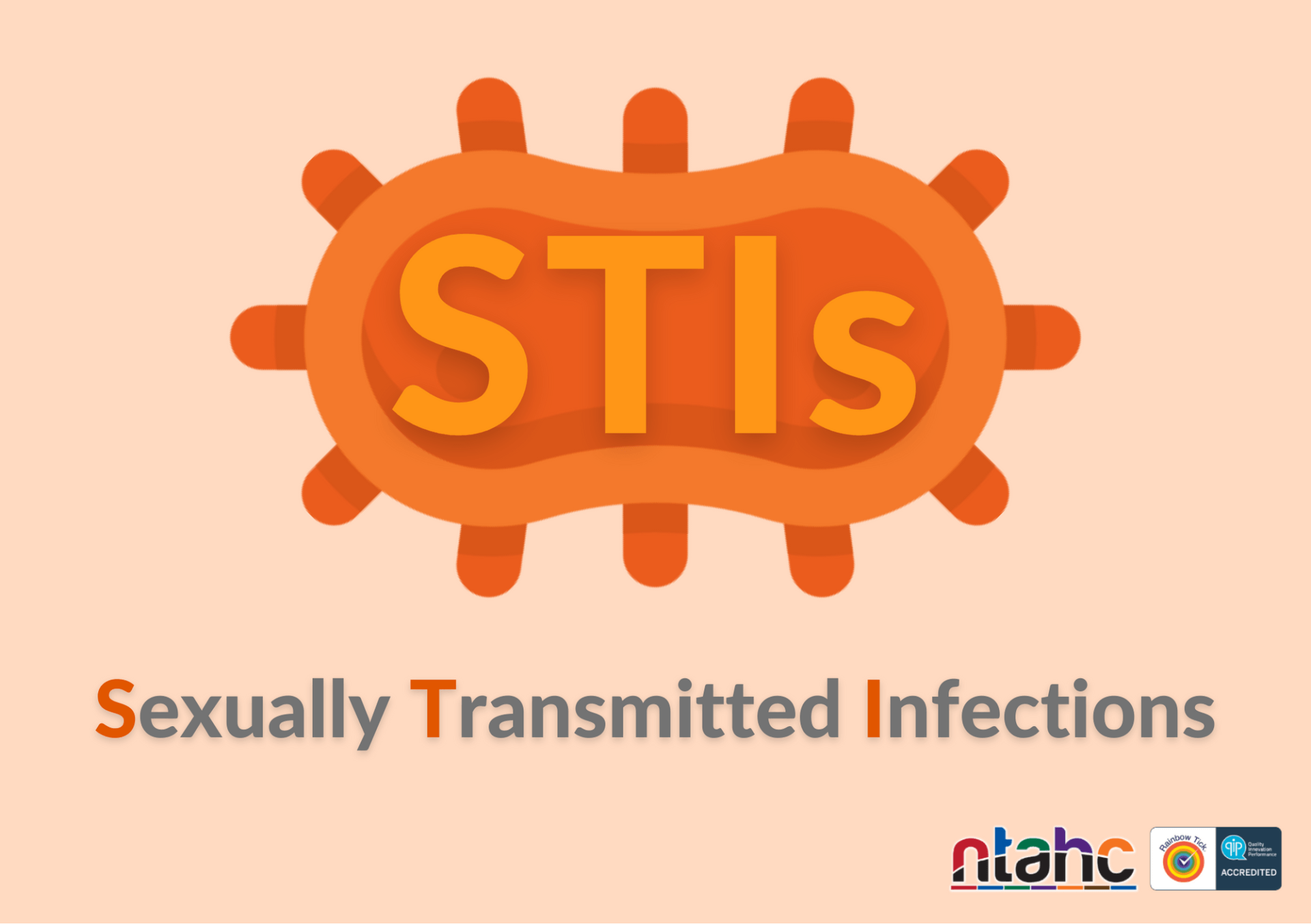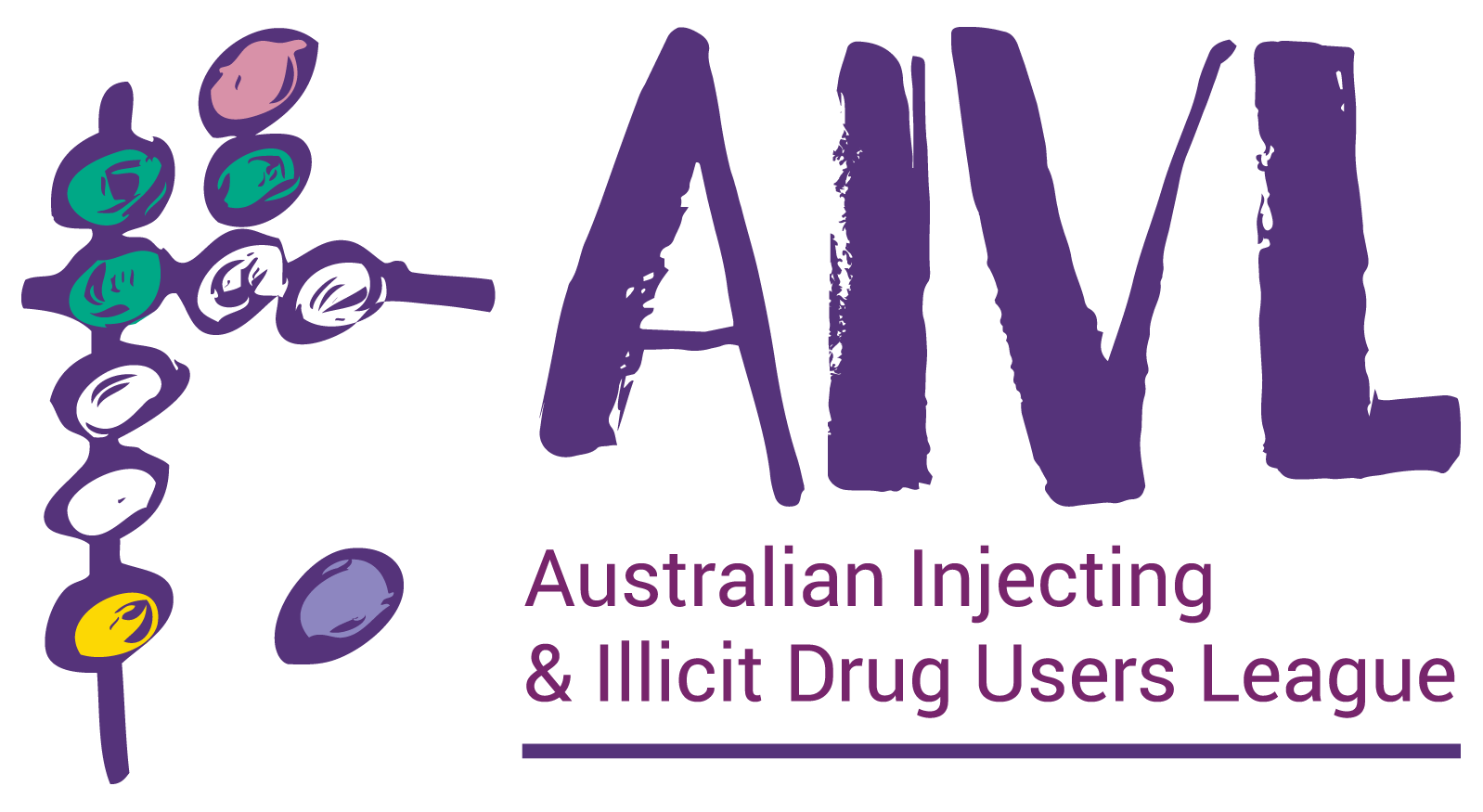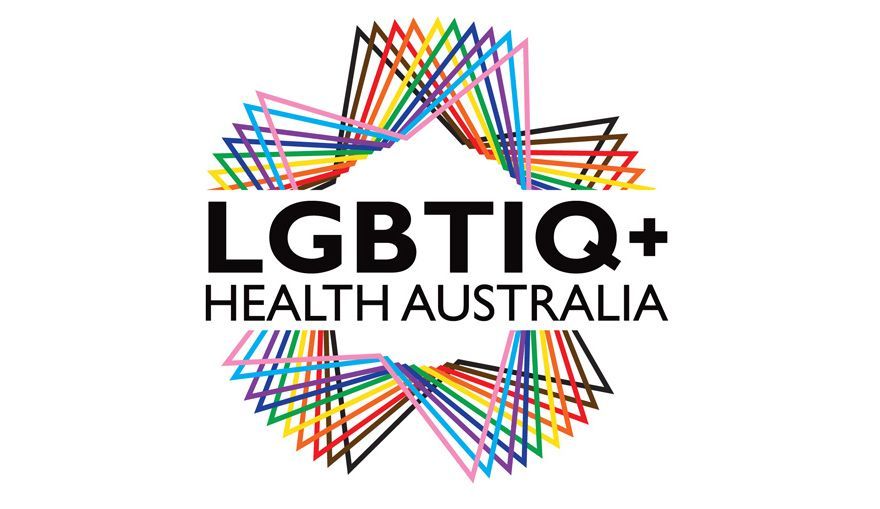STI's
Sexually transmitted infections are on the rise in the NT!

STIs are infections that can be spread during sexual contact (vaginal, anal, oral sex). They used to be called STDs or sexually transmitted diseases.
Some infections like herpes and warts can also be transmitted by skin-to-skin contact.
STIs can be scary because most of them have no symptoms, so you don't know you have them. Young people are especially at risk of an STI called chlamydia, which is very common. If chlamydia is left untreated, it could leave you infertile (which means you can't have a baby). Most STIs are easily treated so it's important to have an STI test if you have had sex without a condom. STI tests are quick and painless (usually a simple urine test) and are usually free.
Remember that condoms are the only form of contraception that will protect you from both STIs and unplanned pregnancy. Use water based lubricant when you use a condom because this will help stop the condom from breaking.
Book into a Clinic and get tested today!










